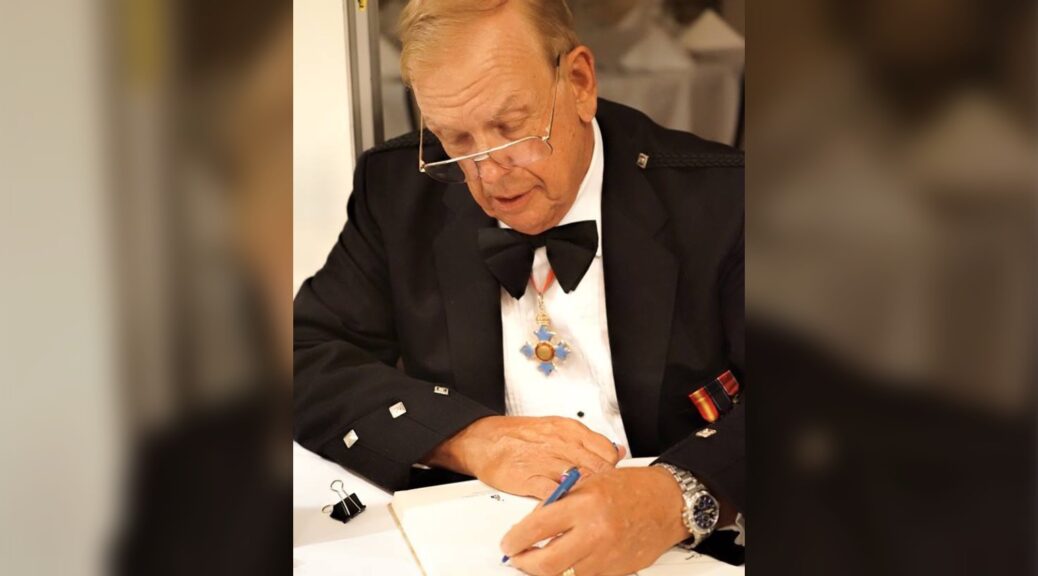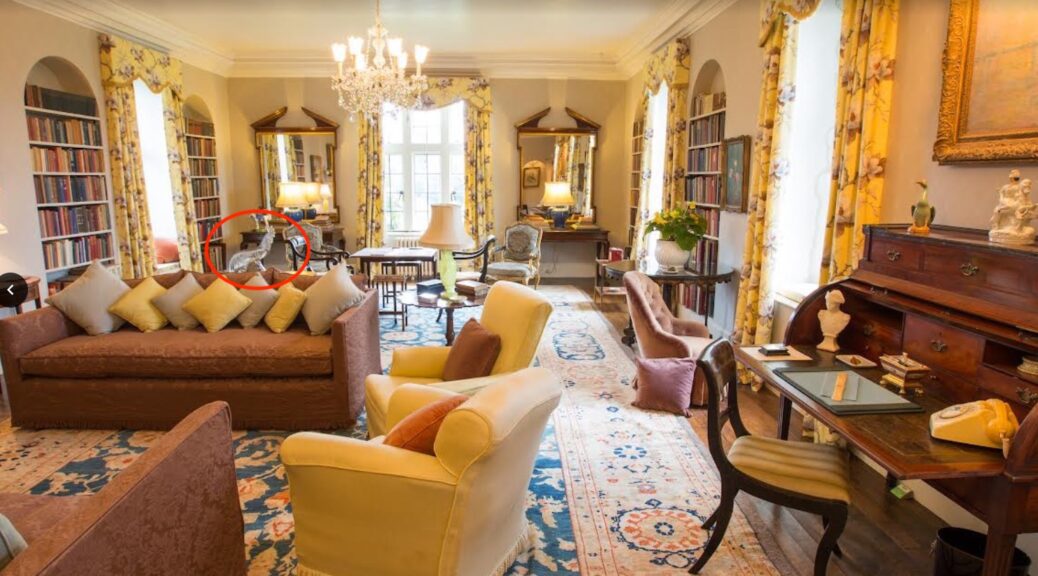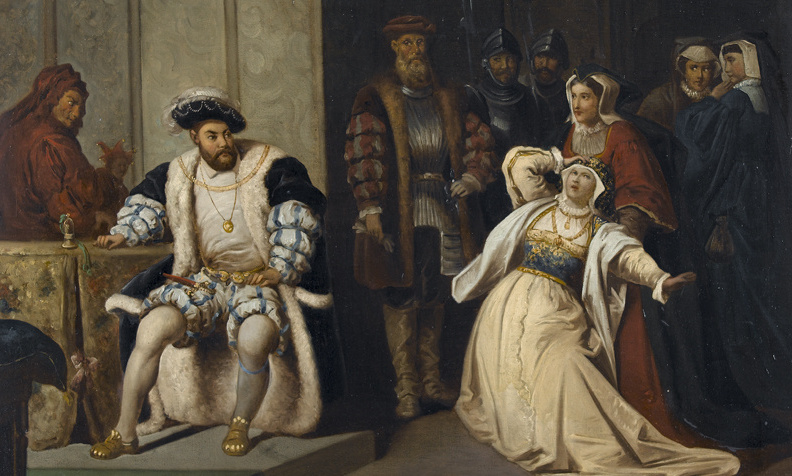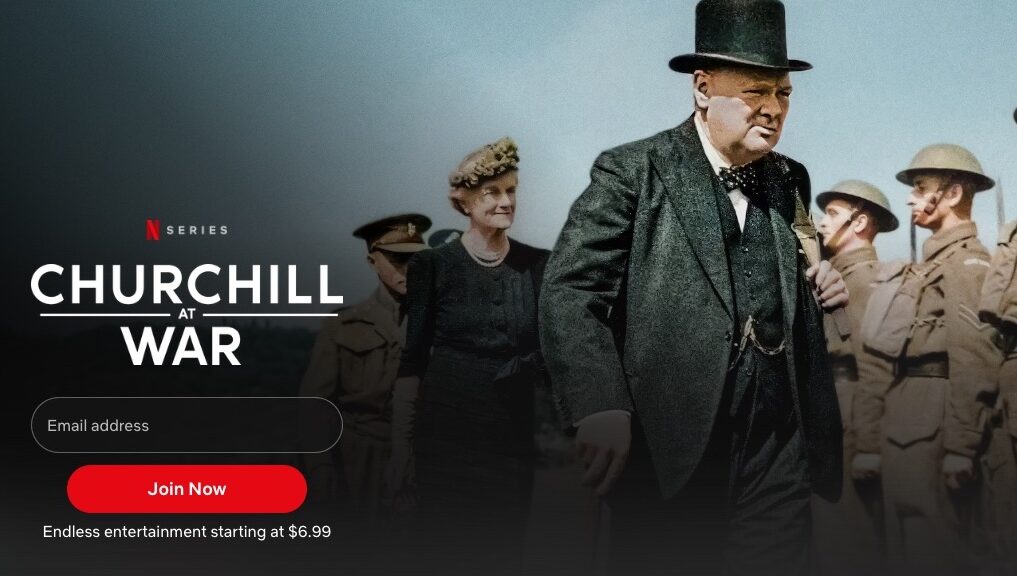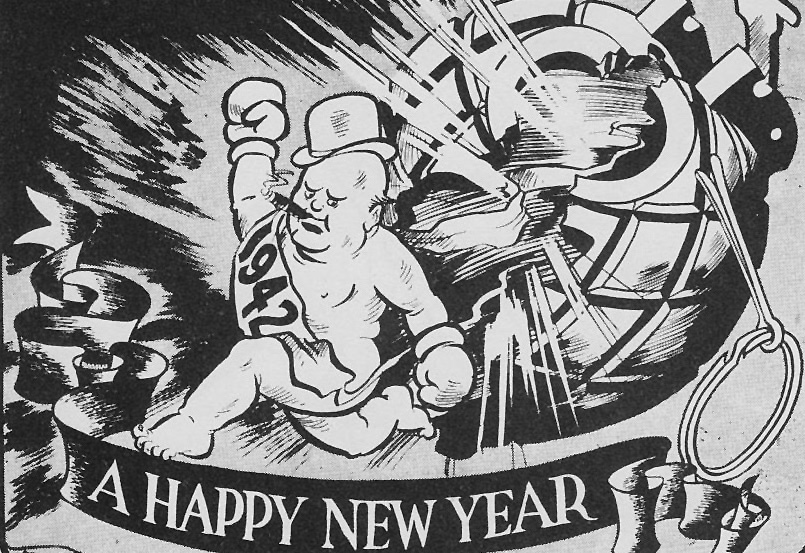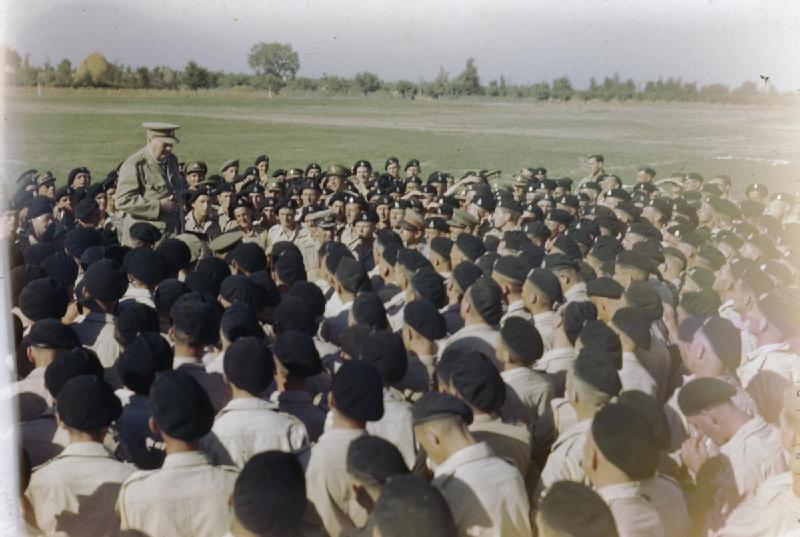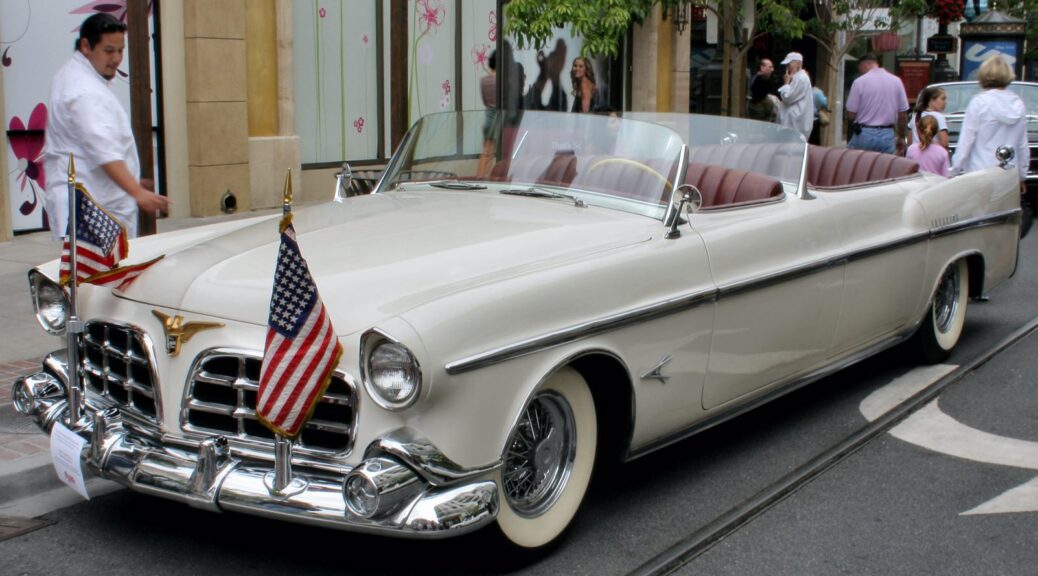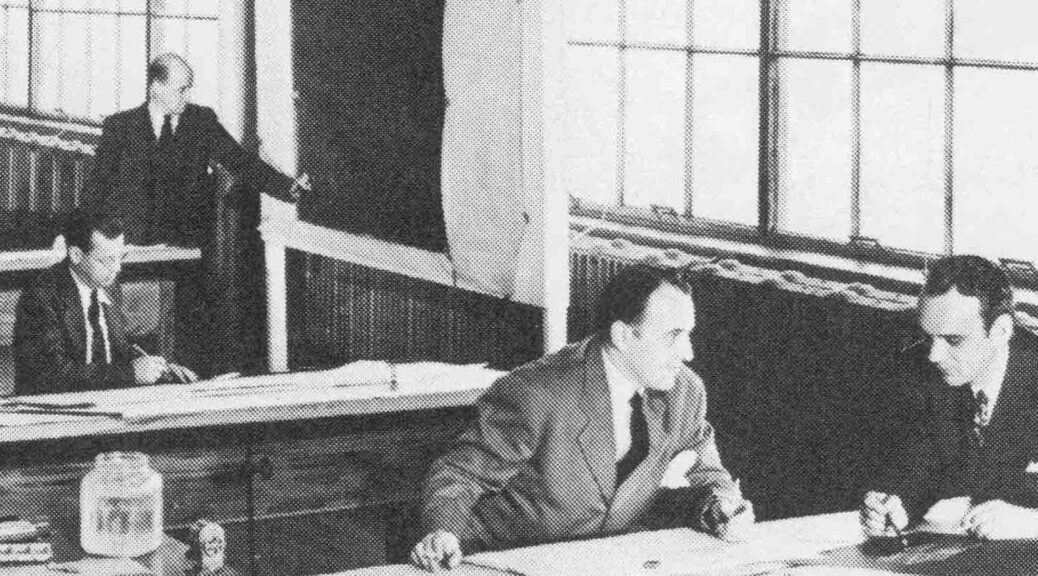Eleuthera Byways: Edwin’s Fishlake
First published in The Eleutheran, September 2008; Edwin’s Turtle Lake Marine Preserve, with a fine new dock and the bottle shack restored in December 2014.
Edwin’s of oldThree miles south of Governor’s Harbour, on the right side at the S-bends as the road plunges toward Palmetto Point, is a large saltwater lake. Passersby who stop to investigate will find the remains of a curious shed built of mortar and beer bottles, the amber, green and clear glass sorted by colour, bottoms facing out. A few yards away, obscured by bush and weathered by the years, was a wooden sign whose words were just legible:
Edwin’s Fishing Lake
Established March 10th 1954
The First Fishlake of the Bahamas
Over 20,000 fish of 32 varieties have
been placed in this lake.…
